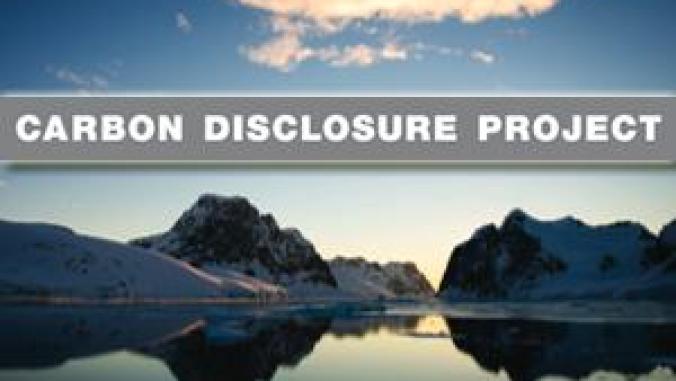Munich Re Calls for Global Climate Agreement
One of the world's largest reinsurers is calling for an international treaty to address climate change or face growing insurance losses from weather-related natural catastrophes.

One of the world's largest reinsurers is calling for an international treaty to address climate change or face growing insurance losses from weather-related natural catastrophes.
Munich Re urged world leaders last week to reach a post-Kyoto successor at the next climate summit in Copenhagen in late 2009. Failing to do so will likely cause more financial and human losses; 2008 was the third most expensive on record, behind 2005 and 1995.
"This continues a long-term trend we have been observing," Torsten Jeworrek, a member of Munich Re's board of management, said in a statement. "Climate change has already started and is probably contributing to increasingly frequent weather extremes and ensuing natural catastrophes. These, i turn, generate greater and greater losses because the concentration of values in exposed areas, like regions on the coast, is also increasing further throughout the world."
Some of the most expensive weather events included the North Atlantic hurricane season, which produced six storms that hit the U.S. coast, with Hurricane Ike being the most costly at $30 billion. Some 1,700 tornadoes during the year caused several billion dollars in additional losses. Ten of the warmest years on record have occurred during the last dozen years.
"The logic is clear: when temperatures increase, there is more evaporation and the atmosphere has a greater capacity to absorb water vapor, with the result that its energy content is higher," said Peter Höppe, Munich Re's Geo Risks Research head. "The weather machine runs into top gear, bringing more intense severe weather events with corresponding effects in terms of losses. This relationship is already visible today in the increasing heavy precipitation events in many regions of the earth, the heat waves, and the hurricanes in the North Atlantic."
The company also pointed to events in Europe, such as Hilal, a low-pressure storm that crossed Germany, causing hailstorms, flash floods and gusts that generated insured losses of $1.1 billion. Another low-pressure system that hit central Europe caused overall losses of $2 billion.
Munich Re urged world leaders last week to reach a post-Kyoto successor at the next climate summit in Copenhagen in late 2009. Failing to do so will likely cause more financial and human losses; 2008 was the third most expensive on record, behind 2005 and 1995.
"This continues a long-term trend we have been observing," Torsten Jeworrek, a member of Munich Re's board of management, said in a statement. "Climate change has already started and is probably contributing to increasingly frequent weather extremes and ensuing natural catastrophes. These, i turn, generate greater and greater losses because the concentration of values in exposed areas, like regions on the coast, is also increasing further throughout the world."
Some of the most expensive weather events included the North Atlantic hurricane season, which produced six storms that hit the U.S. coast, with Hurricane Ike being the most costly at $30 billion. Some 1,700 tornadoes during the year caused several billion dollars in additional losses. Ten of the warmest years on record have occurred during the last dozen years.
"The logic is clear: when temperatures increase, there is more evaporation and the atmosphere has a greater capacity to absorb water vapor, with the result that its energy content is higher," said Peter Höppe, Munich Re's Geo Risks Research head. "The weather machine runs into top gear, bringing more intense severe weather events with corresponding effects in terms of losses. This relationship is already visible today in the increasing heavy precipitation events in many regions of the earth, the heat waves, and the hurricanes in the North Atlantic."
The company also pointed to events in Europe, such as Hilal, a low-pressure storm that crossed Germany, causing hailstorms, flash floods and gusts that generated insured losses of $1.1 billion. Another low-pressure system that hit central Europe caused overall losses of $2 billion.




